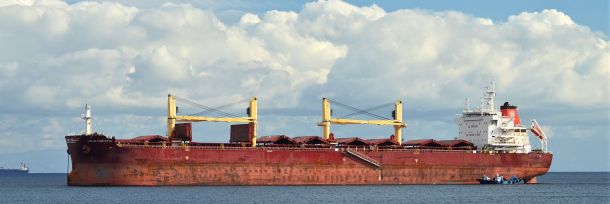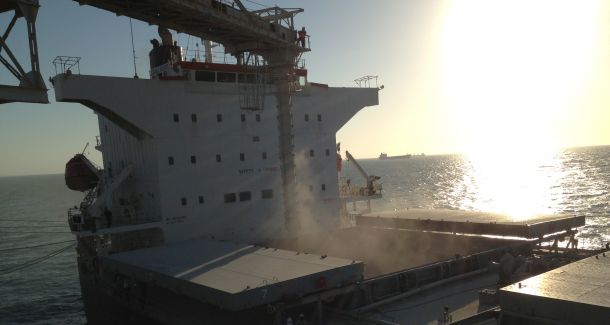Agrium's reply to WSRW, 11 February 2015
Published 05 March 2015
Agrium Inc's letter of reply of 11 February 2015, to WSRW inquiry of 5 February 2015, included below.
5 February 2015
Brussels
To the attention of Richard Downey
Vice President, Investor/Corporate Relations and Market Research
Request for comments -
Pending report on Agrium’s phosphate imports from occupied Western Sahara
Dear Mr Downey,
Western Sahara Resource Watch is again privileged to write to you. This letter is about Agrium Inc’s phosphate imports from occupied Western Sahara in 2014.
Our research demonstrates that your company received some 14 shipments of phosphate from the Bou Craa mine in Western Sahara. We have determined those shipments totaled about 779,000 tonnes, making Agrium the largest importer of phosphate rock from occupied Western Sahara for the calendar year 2014.
In the coming weeks, WSRW will publish a follow-up report to its “P for Plunder” report of 2014. The revised edition of the report will offer information about the importing companies, and about the estimated volume and market value of the imports. Given the estimated size of Agrium’s imports, the company will surely be featured in that report.
We would be grateful if, before this February 12, Agrium Inc. can clarify the following matters:
1. Is it correct that Agrium received (at the Port of Vancouver) 14 shipments of phosphate from occupied Western Sahara during 2014, amounting to approximately 779,000 tonnes?
2. What steps, if any, has Agrium taken to assure itself of the continuing consent of the Saharawi people to such purchases, consistent their right to self-determination, the 2002 UN Legal Opinion (S/2002/161) and international humanitarian law?
As we have noted in earlier letters, we maintain that it is not in Agrium’s interest to be associated with colonialism, an illegal occupation, grave human rights violations and impermissible resource exploitation in Western Sahara. By refraining from importing until the status of the territory has been settled, your company will help to create the circumstances that will allow the people of Western Sahara to freely and fairly determine their political future, as is their right under international law. Others, of course, have done this, and numerous investors continue to give up or refrain from acquiring share interests in the few remaining companies involved in the trade.
Please let us know if our questions above are not clear, or if you require additional information to respond to them. WSRW looks forward to hearing from you.
Yours sincerely,
Sara Eyckmans
International Coordinator
Western Sahara Resource Watch
News
New report: Western Sahara phosphate trade halved
The export of phosphate rock from occupied Western Sahara has never been lower than in 2019. This is revealed in the new WSRW report P for Plunder, published today.
24 February 2020
New report on Western Sahara phosphate industry out now
Morocco shipped 1.93 million tonnes of phosphate out of occupied Western Sahara in 2018, worth an estimated $164 million, new report shows. Here is all you need to know about the volume, values, vessels and clients.
08 April 2019
Nutrien maintains Western Sahara link via China
Nutrien - until now the biggest importer of phosphate rock from Western Sahara - has ended its trade. But what about the stock-exchange registered Sinofert Holdings in which they are the second biggest owner?
27 January 2019
US imports of Western Sahara conflict rock to end
A landmark decision has been made. The large-scale exports of conflict phosphates from occupied Western Sahara to the United States will stop this year.
13 September 2018



